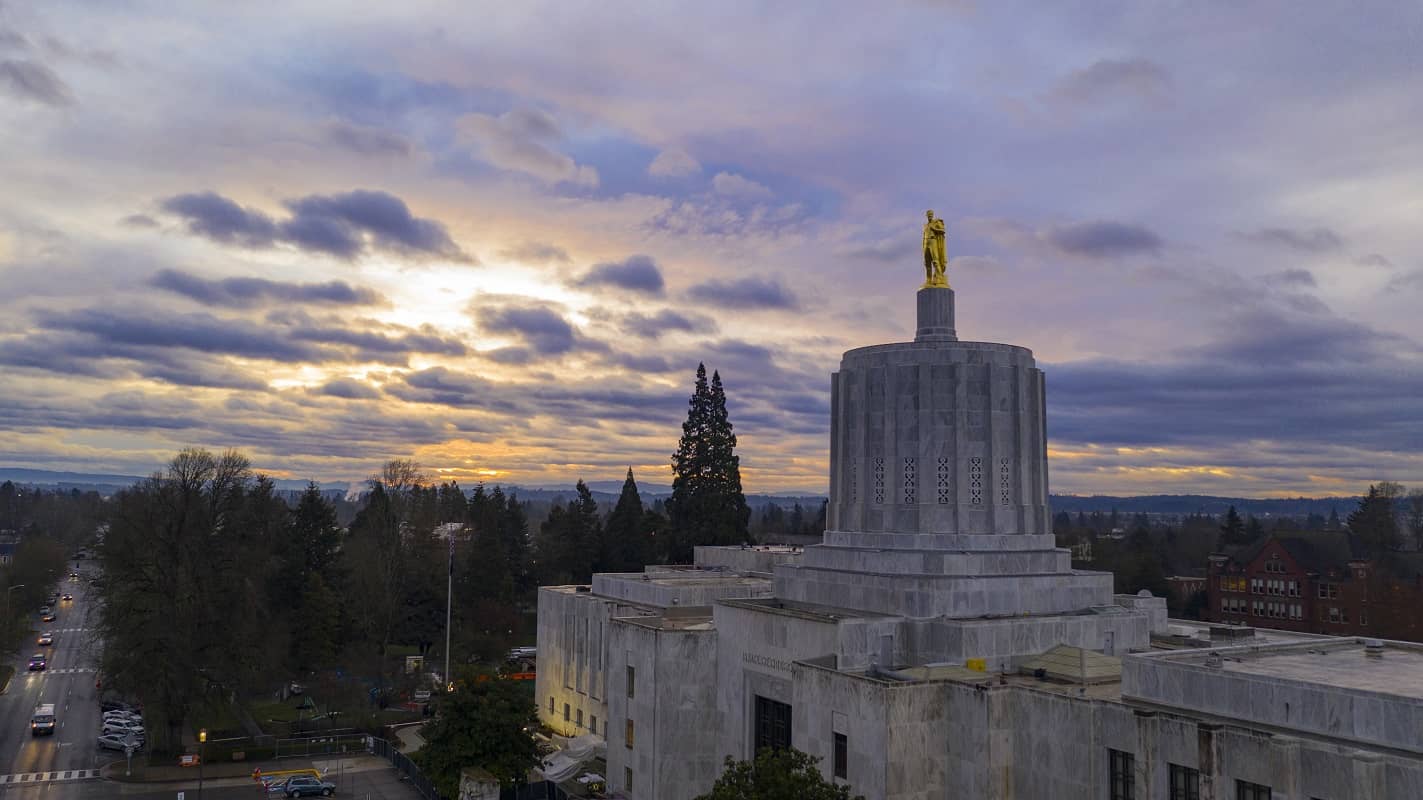By Jared Meyer
Tens of millions of Americans are between the ages of 18 and 30, and achieving success will be more difficult for these so-called Millennials than it was for young people in the past. This is because politicians and bureaucrats in Washington have put in place policies that restrict economic opportunity for the young.
It does not have to be this way.
Washington’s expansion of entitlement benefits and other government services places a major future financial burden on the young—one that many did not even vote for. The federal government has a debt of $18 trillion, but this is only the tip of the iceberg. Unfunded liabilities driven by Social Security and Medicare push the total federal fiscal shortfall to more than $200 trillion.
As if this were not enough, the Affordable Care Act has raised health insurance premiums for the young in an effort to pay for older Americans’ health care. Now, even though people under 30 only spend an average of $600 a year on health care, young people cannot pay less than one-third of what older people pay.
In elementary and secondary school, ineffective teachers are protected from being fired. This serves the interests of older teachers and their unions, but it harms those who would benefit from high-quality teachers. Common-sense reforms to improve education outcomes such as vouchers and charter schools are consistently opposed by teachers unions.
In their college years, young people are encouraged to attend a university even though four in ten college freshmen fail to graduate within six years. The current system of excessive federal student aid raises the cost of college tuition, which forces students to take on mountains of debt.
As if this were not enough, after high school or college graduation, Washington and state governments prevent young people from entering the job market. Occupational licensing requirements are meant to protect public safety, but often they mostly protect established businesses and workers. This comes at the expense of everyday consumers, entrepreneurs, and young workers, as unnecessary licensing makes many promising career paths too prohibitively expensive or time-consuming to enter.
Minimum wage laws, though they may seem well intentioned, make it more difficult for young and low-skilled workers to acquire valuable experience. Again, the government is telling young people that they are not free to work. Destructive labor-market laws need to be scaled back so that the first step on the career ladder can again be within reach.
Some think that if government were larger and gave more handouts, and taxes were raised to pay for these programs, then young people would do better. However, this would only make matters worse. Government tends to pick winners and losers, and the politically unorganized young are ineffective at lobbying for their interests. The key to restoring Millennials’ lost economic opportunity is for government to get out of their way.
Washington is robbing America’s young. Our country is facing a crisis, and change is essential for young people to achieve the future they deserve.
Jared Meyer is a fellow at the Manhattan Institute for Policy Research and the coauthor with Diana Furchtgott-Roth of Disinherited: How Washington Is Betraying America’s Young (Encounter Books, May 2015). Cascade Policy Institute will host Meyer to speak on this topic in Portland on Thursday evening, October 22. This article was originally published by The Salem Statesman Journal.











